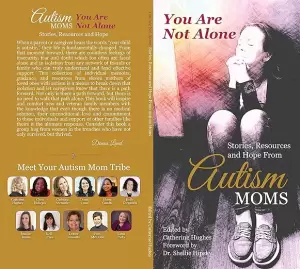“Here’s the secret in three steps:
- Suspend disbelief as you read the following:
- ‘We Become What We Think About.’
- Then, decide that it’s true.
Now, the rest of your life, you’ll be testing this for yourself. You may be asking questions like these:
- Can you actually change what you think about?
- Do positive thoughts create a positive personal environment?
- By being critical of anything or anyone around you actually improve conditions?
- Is your health affected by negative thinking?
You’ll find continuing instances of how this is true and how it might not be.
You’ll be ‘haunted’ by this singular thought, although the results won’t make you lose sleep—instead, you’ll awake with fresh inspirations from time to time about how to live your life even better than you are now.
Because you’ve just started on a journey which has no definite end.
As Earl Nightingale once said: ‘Do what the experts since the dawn of recorded history have told us to do: pay the price, by becoming the person you want to become. It’s not nearly as difficult as living unsuccessfully. Start today. You have nothing to lose—but you have your whole life to win.’”
Learn more at Amazon or Goodreads.
New Books Playground says: How to Completely Change Your Life in 30 Seconds has been the first Earl Nightingale we’ve read and we’re intrigued.














